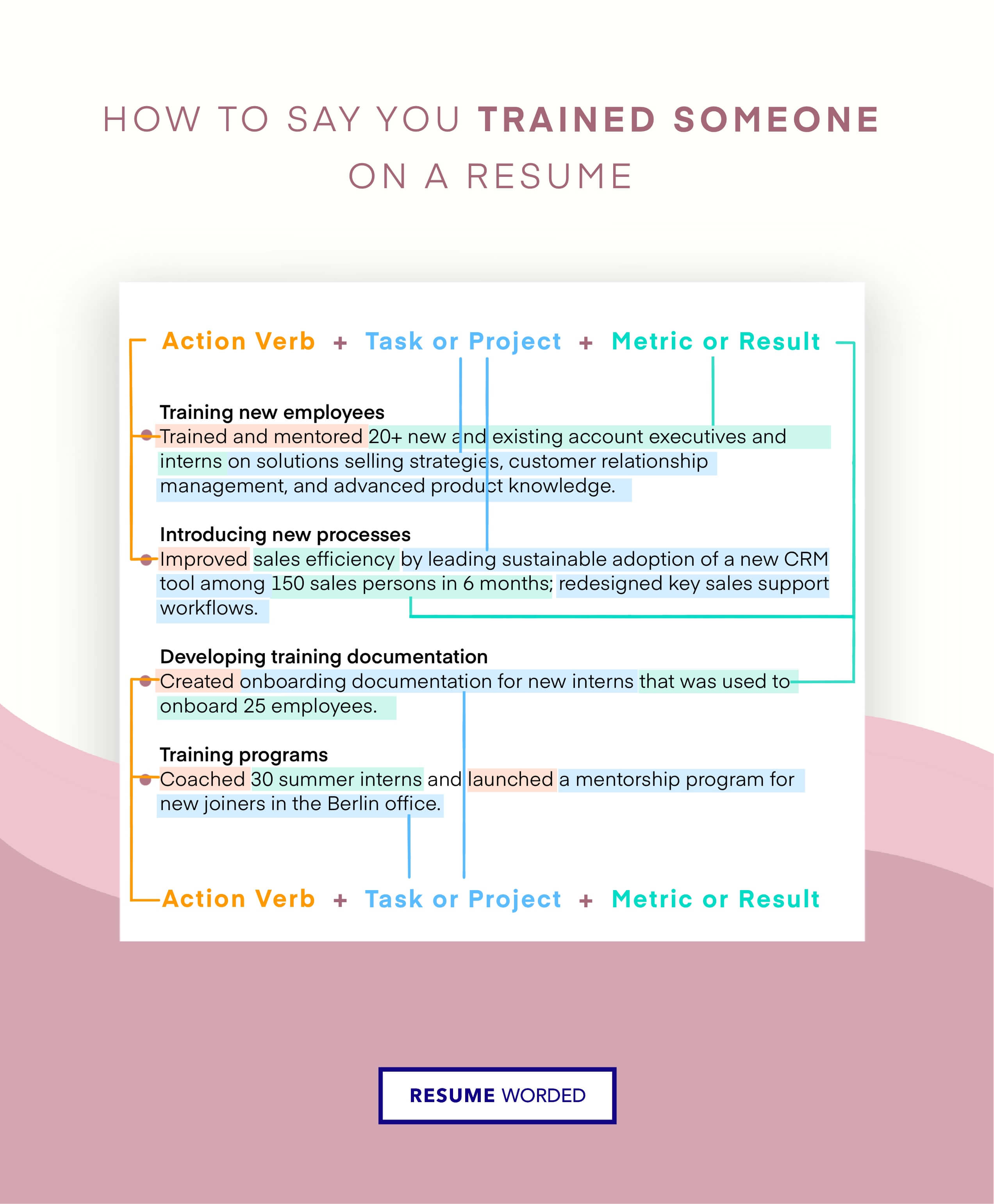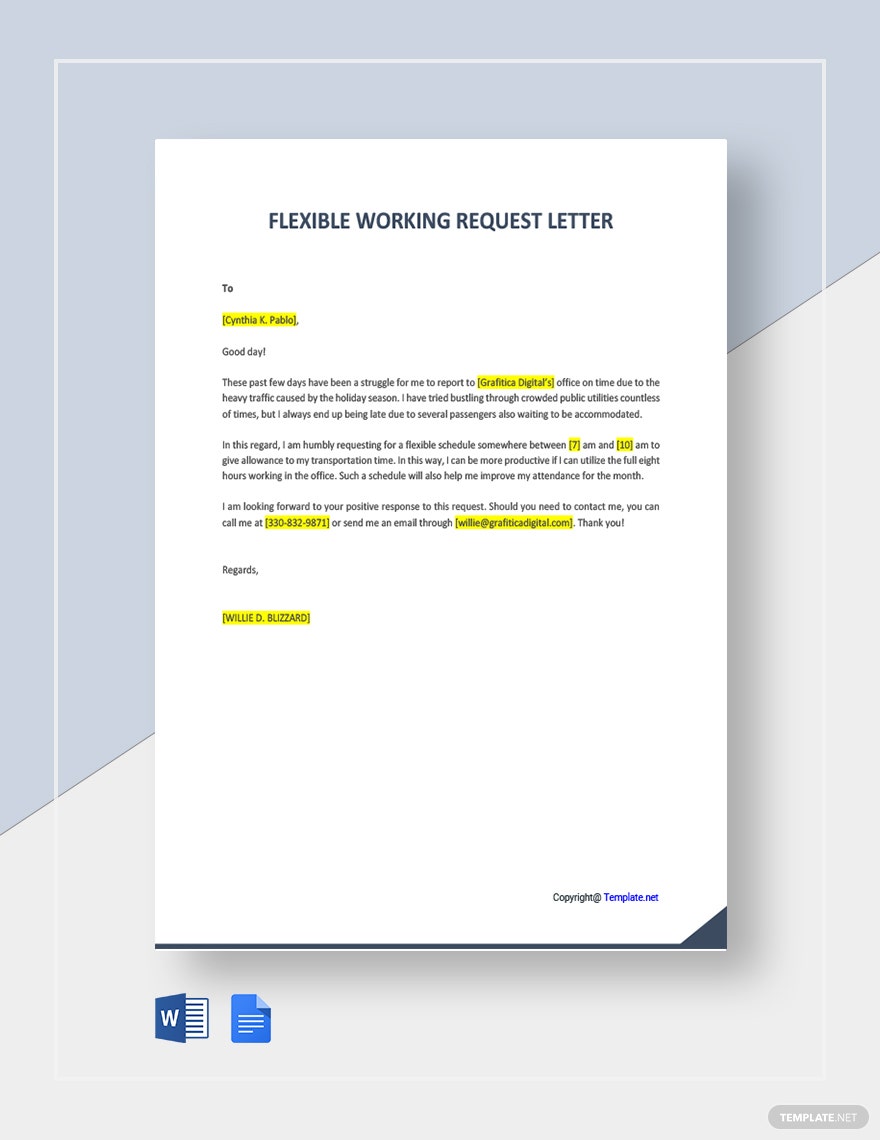
Employers are less likely to hire older workers than younger ones because they worry that they won't be as creative, innovative, collaborative, or open-minded. You can counter ageism whether you're looking for your next job, or if you're already employed. Here are some myths and misconceptions about older workers.
Employers worry about older workers not being open-minded.
While employers may be concerned about older workers being hired, some concerns are unfounded. Others are based upon reality. It is easy for us to get caught up in our own assumptions, so it's important to learn the facts before we become blindsided by negative perceptions.
Employers are increasingly looking for open-minded, coachable, and collaborative employees. Research has shown that employees who possess these qualities are more likely than others to make a company successful. They are also more reliable. This may sound obvious but age discrimination in this country is very real.

Employers worry about older workers due to their inability to adapt to modern workplaces. However, there are ways to combat this myth and show employers that older workers are willing to learn and can adapt to the workplace.
Strategies to combat ageism during a job hunt
Many older workers are plagued by ageism and have difficulty finding the right job. Statistics show that two out of every three workers between the ages of 45 and 74 have experienced ageism at some point in their career. Although many people believe that ageism is an issue that affects older workers only, it can occur at any age. Ageism refers to a form discrimination that excludes older workers of certain jobs and wages. There are many methods to combat ageism in job searches.
It is important to first understand ageism, and then understand how it affects job searches. Many firms make untrue assumptions about your age or experience which can make your job applications and interviews look less appealing. Keep your age under control and avoid age-related mistakes.
Older workers are often misunderstood
The stereotype that older workers should not be employed in job search is well-known. But the truth is much more. Older workers can still learn new skills and advance their careers, despite many stereotypes. Many career changers who are in their 40s and 50s have taken online courses to advance their skills. Additionally, older workers are twice likely to stay employed than younger workers.

Some job hunters are under the impression that employers will only hire the young and talented, but recent labor statistics have shown that more older workers are now being hired. Another misconception regarding older workers is that they're less productive or efficient. Many job seekers believe that this perception makes it difficult for them to overcome the first hurdle of their job search.
Research shows that older workers are more capable of improving their skills and adapting to new situations than younger workers. One study showed that older workers are better at problem solving than younger workers. They draw on their extensive experience to help develop problem-solving solutions.